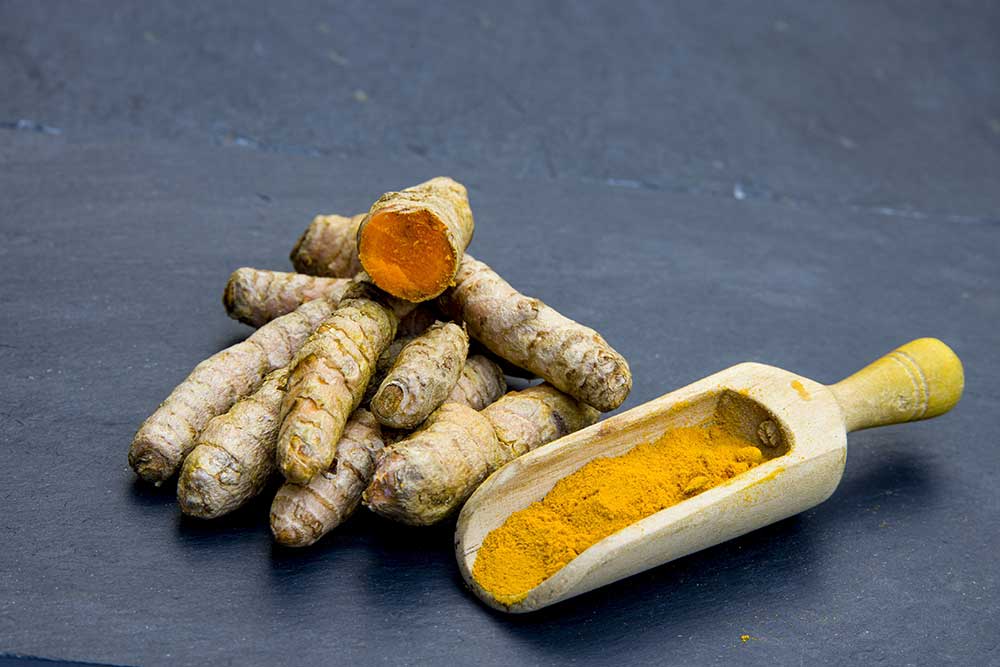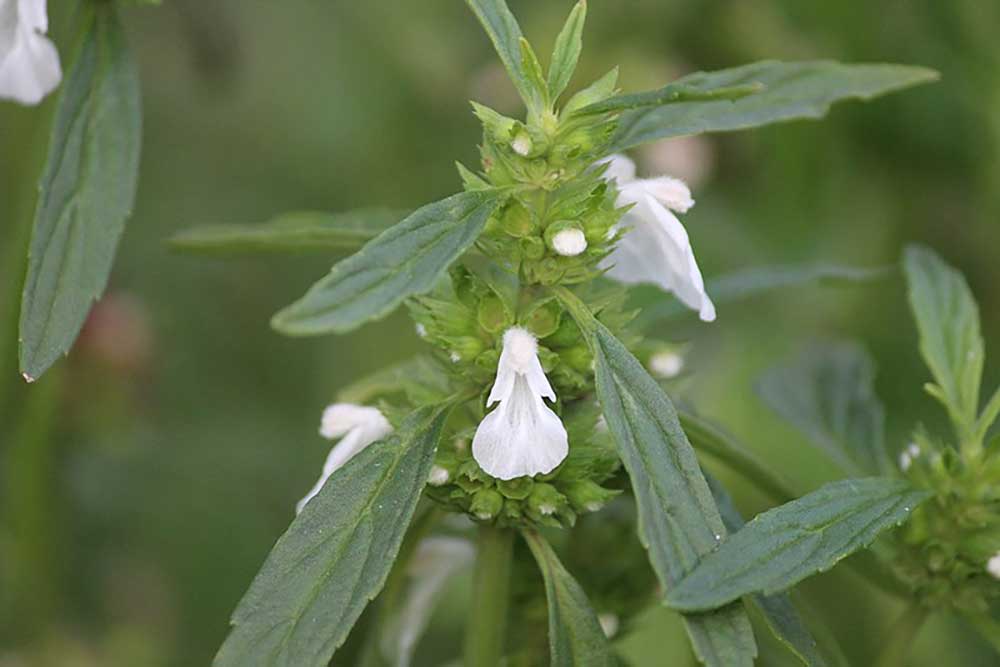Introduction
Nestled in the verdant landscapes of north-eastern India, Assam stands as a testament to the wonders of nature and the richness of cultural diversity. Amidst its breath-taking vistas and vibrant traditions, Assam boasts an ancient heritage of herbal medicine that has provided natural remedies to a myriad of ailments for centuries. This essay embarks on a fascinating journey into the world of Assamese herbal medicines, delving deep into their historical roots, unique characteristics, and the pivotal role played by a multitude of plants in this revered healing system.
Historical Significance
The origins of herbal medicine in Assam can be traced back thousands of years, intricately woven into the tapestry of indigenous communities and their profound understanding of the local flora. Passed down through generations, Assamese herbal remedies embody the wisdom of ancient healers. These remedies draw inspiration from the principles of Ayurveda, the traditional Indian system of medicine, adapting seamlessly to the local environment and catering to the specific health needs of the Assamese people.
Unique Characteristics of Assamese Herbal Medicines
Assamese herbal medicines distinguish themselves through their holistic approach to healing, transcending the mere alleviation of symptoms to address the underlying causes of diseases. At the heart of this traditional healing system lies an emphasis on the synergy between various plant components. Assamese herbal practitioners firmly believe that the combination of different herbs amplifies their therapeutic effects, leading to a balanced and profoundly effective treatment approach.
A striking feature of Assamese herbal medicines is their unwavering focus on sustainability and ethical harvesting practices. Traditional healers in Assam hold a profound reverence for nature and its abundant resources. With meticulous care, they gather medicinal plants, ensuring minimal impact on the environment. This sustainable approach is not just an ethos; it is a lifeline for preserving the region’s biodiversity and ensuring the availability of medicinal plants for generations yet to come.
5 Key Medicinal Plants in Assamese Herbal Medicine
1. Brahmi:

Brahmi, scientifically known as Bacopa monnieri, is a well-known medicinal herb utilised in traditional Ayurvedic medicine. Originating in wetlands, it has been historically employed in herbal remedies to enhance memory, cognitive function, and overall brain health. People commonly consume Brahmi through supplements, teas, or fresh herb incorporation in culinary dishes. It is reputed for its adaptogenic qualities, aiding in stress and anxiety management. Furthermore, Brahmi is valued for its antioxidant properties, contributing to improved mental clarity and focus.
2. Neem

Neem, scientifically identified as Azadirachta indica, is a multifaceted tree indigenous to the Indian subcontinent. Its numerous medicinal benefits are highly regarded, and it finds extensive usage in traditional healing systems like Ayurveda. Renowned for its antibacterial, antiviral, antifungal, and anti-inflammatory qualities, neem is invaluable in addressing skin problems, dental ailments, and enhancing general well-being. Neem leaves, oil, and bark are frequently employed in various remedies. Moreover, in agriculture, neem serves as a natural pesticide and fertiliser, showcasing its diverse applications.
3. Ashwagandha

Ashwagandha (Withania somnifera), valued for its adaptogenic properties, provides solace to the weary body, aiding in coping with stress and anxiety. It helps reduce cortisol levels, the stress hormone, and promotes relaxation. It is believed to boost the immune system, making the body more resilient to infections and illness. It possesses anti-inflammatory properties, which can be beneficial for various inflammatory conditions.
4. Tumeric

Turmeric (Curcuma longa), a cherished spice in Assamese cuisine, occupies a significant place in the region’s herbal medicine. Its active compound, curcumin, emerges as a potent warrior, combating inflammation and oxidative stress, thereby proving invaluable in the treatment of various diseases. Additionally, ‘Neem’ (Azadirachta indica), with its potent antimicrobial and immunomodulatory effects, assumes a pivotal role in Assamese herbal remedies, especially in the treatment of skin disorders.
5. Duron Bon

Duron Bon (Leucas), also known as Thumbai, is a genus of flowering plants in the mint family. It has been traditionally used in various herbal medicine practices for its potential health benefits. Different parts of the plant, such as its roots, leaves, and flowers, are used to prepare herbal remedies to treat ailments. It helps with respiratory issues such as coughs, colds, and bronchitis. It also helps in treating wounds and skin infections.
Conclusion:
Assamese herbal medicines epitomise a harmonious blend of ancient wisdom and nature’s bountiful gifts. The profound knowledge of local healers, intricately woven with the region’s rich biodiversity, has given birth to a traditional healing system that thrives in the modern era. In a world increasingly acknowledging the significance of natural remedies and sustainable practices, the legacy of Assamese herbal medicines stands tall as a testament to the potency of traditional healing methods.
Preserving and promoting this invaluable heritage transcends regional boundaries; it becomes a global imperative. Assamese herbal medicines not only hold the key to the well-being of the people of Assam but also offer a treasure trove of insights for the entire human community. This ancient tradition illuminates the path towards harnessing nature’s healing power for the holistic well-being of humanity, serving as a beacon of hope and wisdom in an ever-changing world.
About Protech Group
We at Protech always attempt to deliver the best properties to you with our great efforts and innovative ideas to build the ideal apartments with the best comfort and luxury in your own Guwahati city. Protech Group, with over 18 years of experience, comes with the new project of Protech Pride which is located in Bagharbari in Guwahati. To get your dream home with all the smart amenities you can reach out to us at Protech Group. To know more about us, you can click here.

